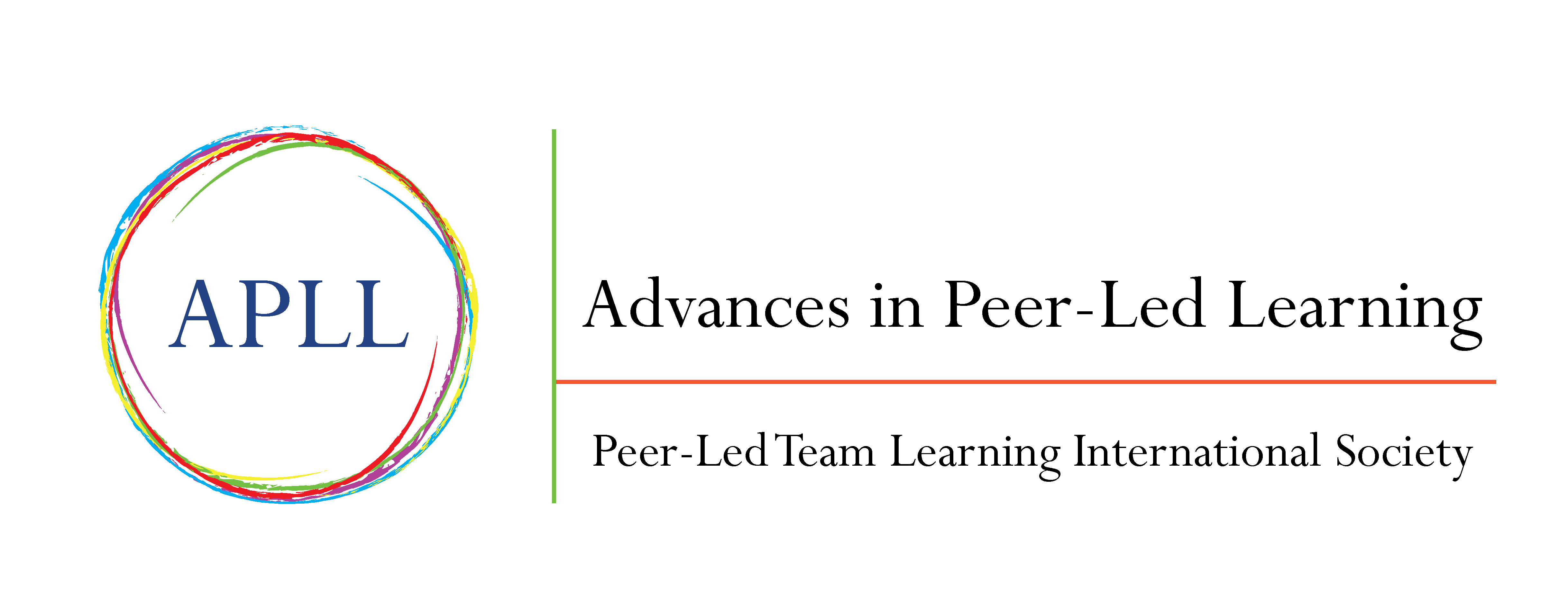The Impact of PLTL in Four Introductory Engineering Courses: Improving Access and Opportunity for Students Underrepresented in STEM Discipline
Kimberly T. Luthi, Mohua Kar, and Lisa Macon
Embry Riddle Aeronautical University, Valencia College
Abstract
The performance assessment was a major component of the overall National Science Foundation-funded research project, Engagement in Engineering Pathways. The study examined underrepresented and female students’ abilities to translate cognitive knowledge into demonstrable performance-based proficiencies through engagement in Peer-Led Team Learning (PLTL) labs in post-secondary, undergraduate introductory engineering courses. Evidence from the study comes from 518 students enrolled in four engineering courses and PLTL labs. The research protocols, implementation process, and assessment of academic achievement of project participants are discussed. Data are analyzed across student demographics to identify performance indicators within PLTL activities that influenced students’ commitment and retention in engineering pathways. This study found evidence to suggest the incorporation of PLTL in introductory engineering courses had a positive effect on the academic achievement, persistence, and commitment to engineering of students historically underrepresented in engineering. Implementation and support for PLTL that incorporates active learning can promote high academic performance, increased participation in class as well as persistence and retention in engineering pathways.
Keywords: Engineering Education, STEM Education, Diversity in STEM, Collaborative Learning, Peer-Led Learning, STEM learning
Recommended Citation
Luthi, K. T., Kar, M., Macon, L. (2022). The Impact of PLTL in Four Introductory Engineering Courses: Improving Access and Opportunity for Students Underrepresented in STEM Disciplines. Advances in Peer-Led Learning, 2, 55-71. Online at https://doi.org/10.54935/apll2022-01-05-55
